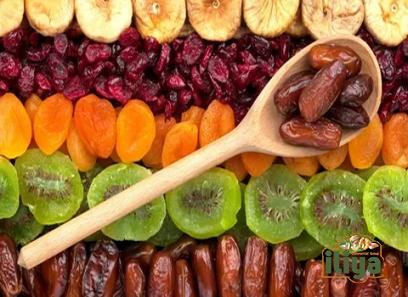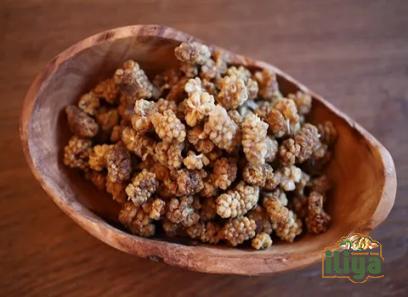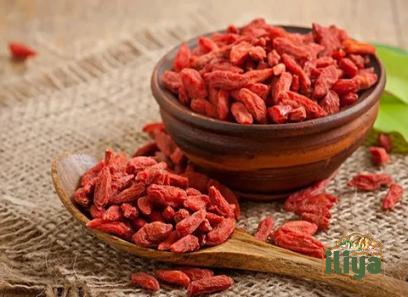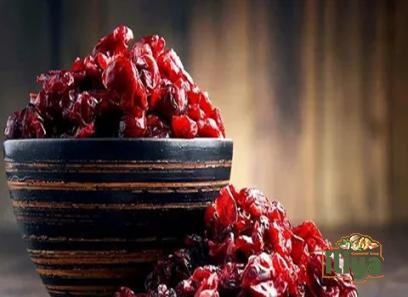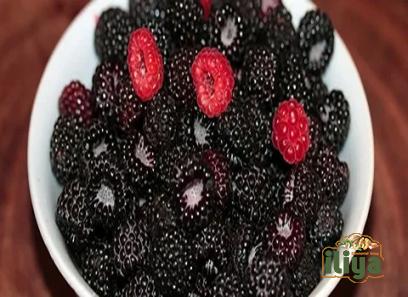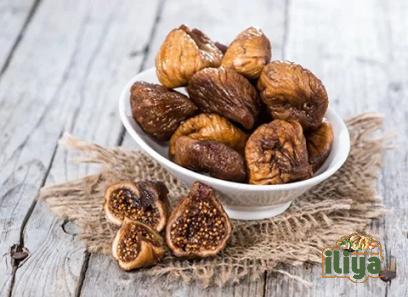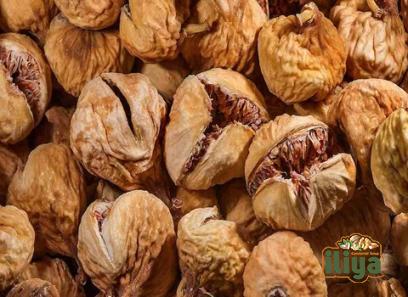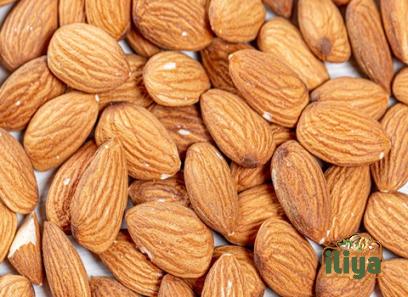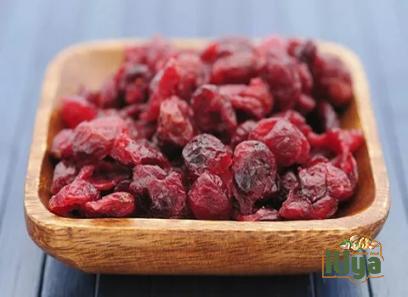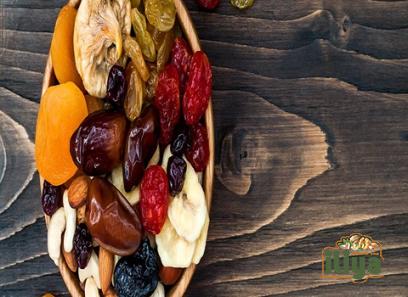The advantages of sunflower seeds are numerous for skin and hair.
When you have enough nutrition, you can easily have beautiful, perfect skin. Here’s what the sunflower seeds are giving you:
Fighting premature aging
Vitamin E-rich sunflower seeds are a powerful natural treatment for preterm aging. They protect our skin from free radical damage, sun damage and environmental damage, which is essential to prevent aging symptoms and vital skin preservation.
UV damage prevention
Copper inside the seed facilitates the production of melanin in our bodies, thereby protecting our skin from the harmful effects of the Sun’s ultraviolet rays and keeping it as healthy as possible.

Cleans the skin from bacteria
Essential fatty acids (linoleic acid, palmitic acid, oleic acid, stearic acid, etc.) that are present in seed have strong antibacterial properties that reduce the spread of infection, inflammation and other skin problems.
Makes the skin healthy
Sunflower seeds, which are rich in nutrients, are great food for our skin. This food provides the nutrition and moisture required by our cells to keep our skin soft, soft, soft and healthy.
Benefits of Sunflower Seeds for Hair
With the proper use of sunflower seeds, our dream of having a healthy perfume can come true. We will tell you how:
Hair growth stimulation
Sunflower seeds, due to the amount of Zinc and vitamin E, significantly increase hair growth. These two sections can increase blood circulation in the scalp, and can therefore stimulate the follicles to a large extent.
Prevent excessive hair loss
Seeds are rich in vitamin B6 or pyridoxine, which give more oxygen to scalp by increasing zinc uptake in the body. It’ll make it less hair fall and free us from the severe hair loss.
Hair Fiber Humidifier
Essential fatty acids, especially omega 6 fatty acids, make sunflower seeds a good natural moisturizer for hair. It restores the lost moisture to the hair strand, prevents them from drying and reducing the end of division, thus promoting healthy hair.
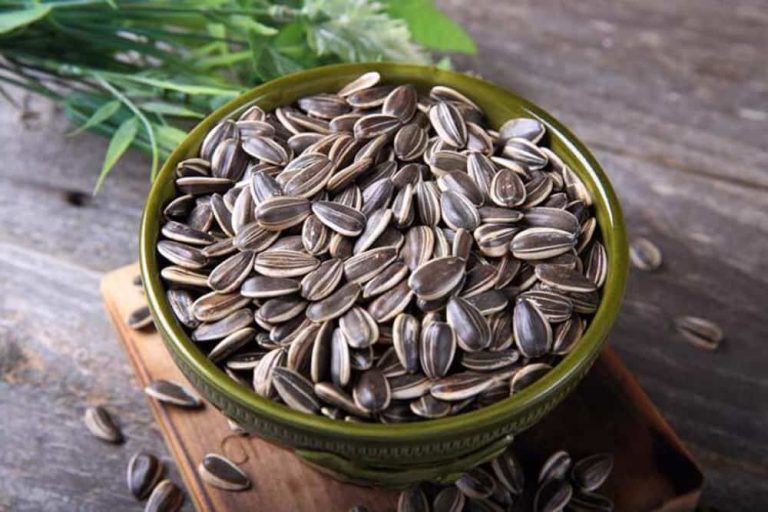
How to eat sunflower seeds
Multipurpose sunflower seeds can be eaten raw, dried or fried in butter. They can also be added to cakes, sweets, salad, serbo and other types of cooked foods for flavors. The recommended daily dose of these seeds is 42 grams and you should not eat more.
Sunflower seeds are used extensively in edible oil production due to their applications. But did you know you can eat on these poor seeds?
From nut mixture to feeding rods, these sweet seeds have found everywhere due to their high feed profile and amazing benefits. The interesting thing is that they can look at everything in your body, including health, skin, and hair. In this study, the benefits of sunflower seeds, secondary effects of sunflower seeds, as well as their usage, have been investigated.
What are sunflowers?
There are two types of sunflower. The first type grows more for the extraction of edible oil, and the second for the edible seeds. Sunflower seeds are harvested from large flower heads, which are the fruit of the sunflower plant called annular helianthus. Edible sunflower seeds are in the black and white stripes called “shells” or skins which must be removed before consumption. Seeds are used to extract oil by making a stiff black shell.
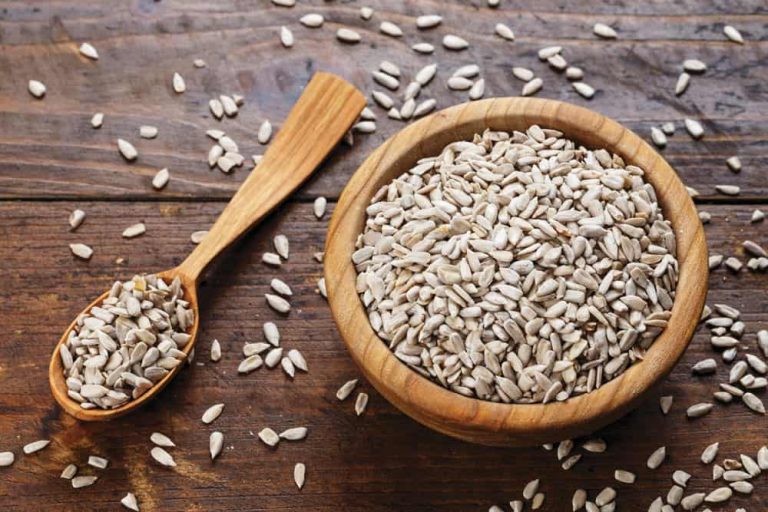
Overall, sunflower seeds have a gentle, delicate, and strong yet smooth taste. Dried and skinned sunflower seeds are not only nutritious, but they’re also useful for our overall health and appearance.
Feeding Specification of Sunflower Seeds
Young sunflower seeds are packed with lots of nutrient nutrients. Its main components include 20% protein, 42-35% oil and 31% polyunsaturated fatty acids. Seeds are rich in vitamins (A, B3, B5, B6, E, folic acid), essential minerals (copper, manganese, iron, zinc, manganese, phosphorus, calcium, selenium), fiber food and fatty acids.
(linoleic acid, oleic acid) In addition to having rich plant compounds such as flavonoids and phenolic acids, they have strong antioxidant activity. Other components present in these seeds include alkaloids, tannins, saponins, terpenes, steroids, tocopherols (alpha, beta and gamma) and so on. Best of all, sunflower seeds contain 163 calories and no cholesterol.

benefits of sunflower seeds
Very nutritious sunflower seeds can help our health in the following ways:
digestion improvement
Sunflower seeds with insoluble dietary fiber can greatly help digestion. Raw grains increase the performance of the digestive system and prevent constipation.
Prevent free radical damage
Sunflower seeds contain antioxidants such as vitamin C, vitamin E, copper, selenium, etc. These antioxidants kill free radicals and prevent cholesterol oxidation in the blood so blood vessels are not blocked and we do not suffer from this disease. Atherosclerosis, artery blockage, stroke, heart block, heart attack, etc.
keeps bad cholesterol away
While sunflower seed inhibits cholesterol oxidation, it also reduces levels of bad cholesterol in the bloodstream. These oils are rich in dietary fiber, phytosterols and unsaturated fats (both monounsaturated fats and polyunsaturated fats), all working together against bad cholesterol or low-density lipoprotein.

adjusts blood pressure
Consumption of sunflower seeds has a significant effect on blood pressure levels in individuals. High potassium and magnesium is that easily dissipate the hard effects that have a high level of sodium on our body. As a result, our blood pressure cannot be elevated and we can avoid the risk of high blood pressure.
Preventing the spread of cancer
Antioxidant properties of sunflower seeds are excellent for reducing and sometimes preventing cell damage. They also contain some natural anti-cancer compounds such as phytosterol, lignan, etc., that prevent and destroy cancer cells, prevent breast and prostate cancer, and play an important role in protecting against colon cancer. To avoid further escalation.
blood glucose level control
Also, the antioxidant properties of sunflower seed are beneficial for diabetic patients. Raw seeds control our blood sugar levels and help our body keep them constantly so that we do not suffer from high or low blood sugar.
Maintain bone health
Sunflower seeds take good care of our bones. Due to high calcium and magnesium, they are essential for maintaining the physical structure of the bones, making them strong and healthy joints. Copper is important in raw sunflower seeds to enable enzymes that increase strength and flexibility of our bones, as well as joints, elastin and collagen (two active components of transplanted tissue).

